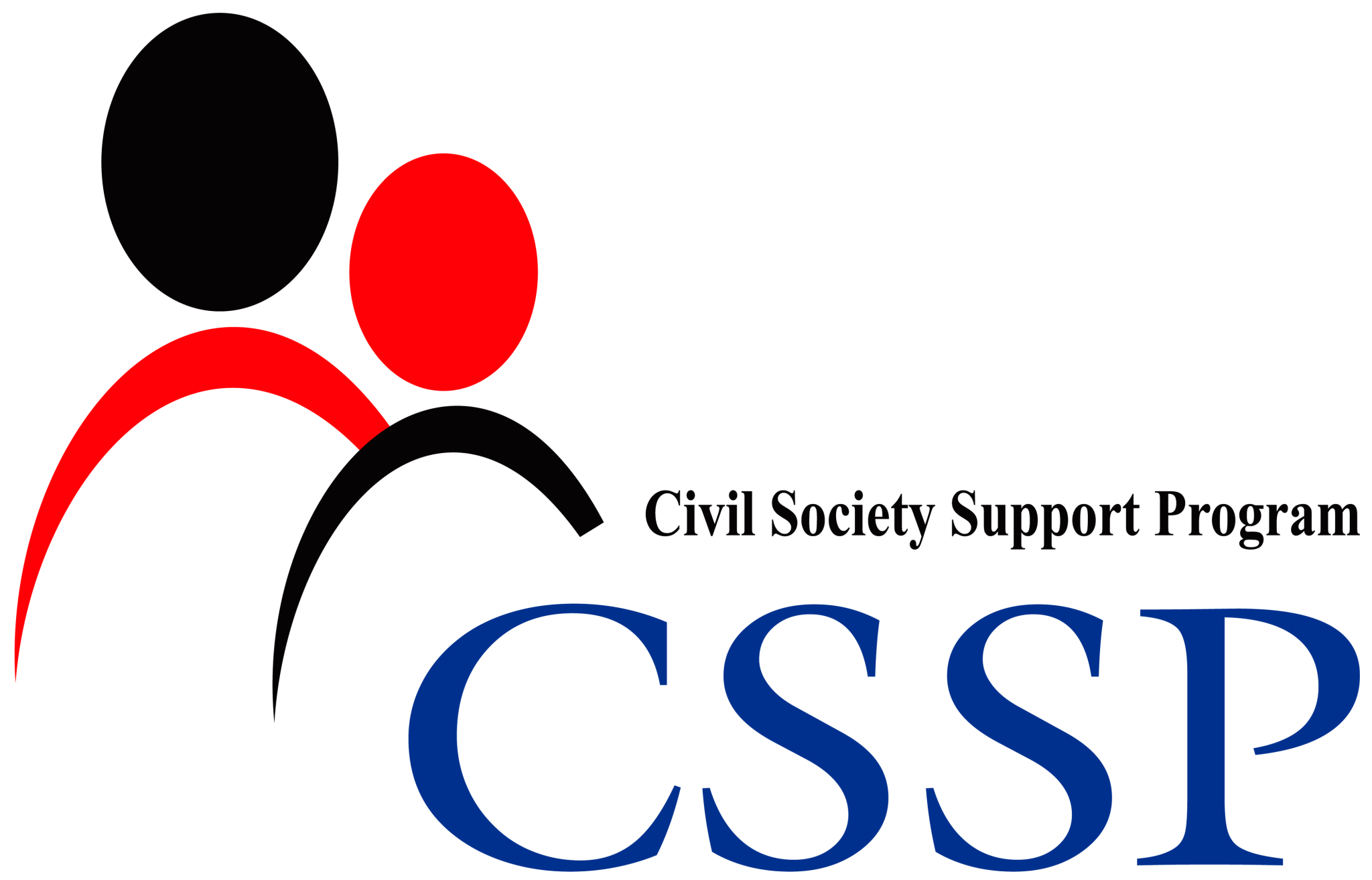Health
According to the Health Demographic Survey of Pakistan perinatal death rate are 57 per 1,000 pregnancies and 1st month of births, neonatal deaths rate is 42 deaths per 1000 live births, infant mortality 62 deaths per 1,000 and under 5 deaths are 74 per 1,000 live births .Same time, there are thousands of children who are left unimmunized each year.
Despite many efforts, the number of polio cases is high with 79 in current ongoing year 2020 according to Global Polio Eradication Initiative .Maternal Mortality rate is also high with 178 deaths per 100,000 births as shown in the World Population 2019 report. Due to less access to health care services, women do not have still access to safe birth as the Health Survey report indicates that still 40% of women do not have access to a gynecologist/doctor but TBAs and Midwives LHVs and LHWs.
After globalizations more chances of pandemics witnessed globally, the health systems is fragile and have less efficiency to face the health crises, it further exacerbating the human, economic, and political toll. Important work has been done to describe the general attributes of a health system resilient to these crises, and the next step will be to identify the specific capacities that health systems need to develop and maintain to achieve resiliency
"CSSP keeping in view the context aims to contribute in access, quality and governance in health sector through various interventions"
Key Objectives
- Improved access, quality and governance in health sector through community engagement and ownership development at all levels.
o Increased awareness among youth, women and communities on Covid-19 - Increased awareness among youth, women and communities on SRHR and Transmitted diseases with special focus Hepatitis, HIV & Aids
- Increased capacity of youth to monitor and report public health sector
- Increased community participation in public health sector
COVID-19 Response
- Identified and trained youth groups who implemented 10 Social Action Projects (SAPs) on COVID-19 in three districts of Sindh. The SAPs included mass awareness campaigns, hygiene sessions to school children, distribution of face masks, COVID awareness walk/ rally, theatre performances, and webinars. A total of 10 youth groups comprising girls and boys implemented the SAPs and covered a total community outreach of 7550.
- Developed Sitreps covering COVID-19 statistics in the targeted districts and shared with relevant stakeholders.
- Conducted mass level awareness raising on COVID-19 by organizing TV talk shows, circulating FM radio messages, installing billboards in cities/targeted districts, and establishing IEC material for awareness raising.
- Established a help/information desk at CSSP district offices which provided helpline numbers of emergency and complaint centers, government and private COVID-19 testing facilities, and available isolation & quarantine facilities/centers.
- Established quarantine/isolation facilities at CSSP Mithi & Umerkot offices and offered those facilities to district administration to support them in accommodating the COVID-19 affectees.
- Distributed 1400 soaps among the 350 teachers and students with the support of Indus Consortium to promote hygiene and cleanliness. In addition, hand washing demos and COVID hygiene awareness sessions were also delivered by the CSSP staff.
- Became part of District Administration’s “Corona Relief Committee” for conducting awareness sessions of community, raising funds from philanthropists, distributing ration, and extending administrative support in the Ehsas Kafalat camps. The Committee was able to collect funds worth 200,000 PKR.
- Conducted a research study in collaboration with the Mehran University Institute of Science & Technology Development (MUISTD) on Socio-economic impact of COVID-19 on women and marginalized communities in district Mirpurkhas.
